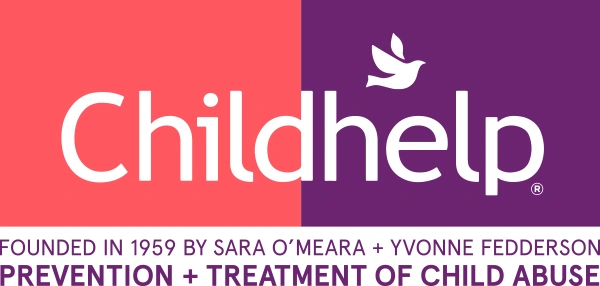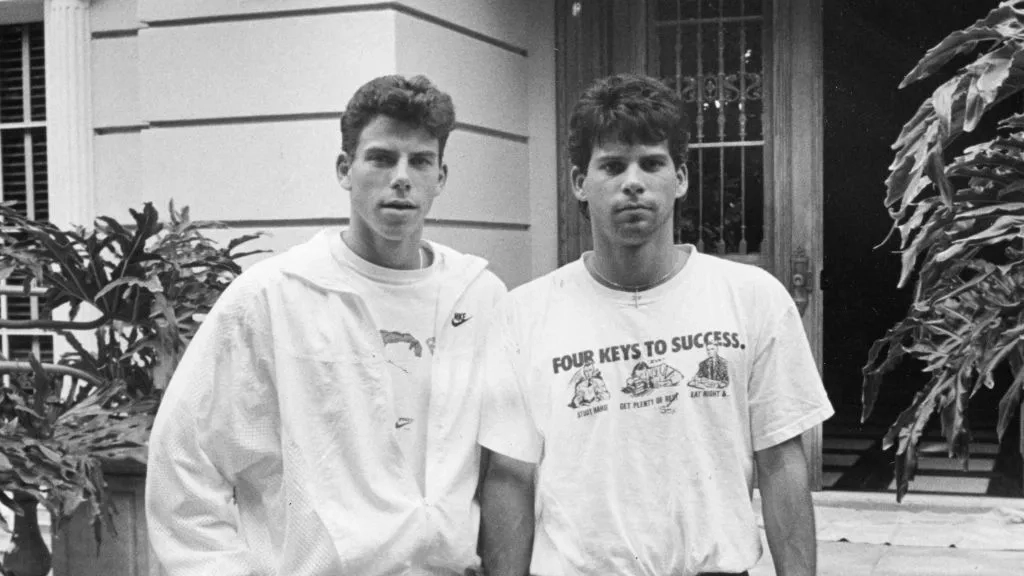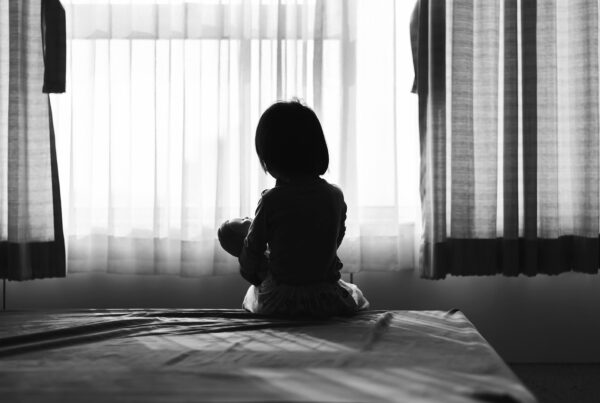The Menendez brothers’ case — one of the most high-profile trials of the 1990s — involved Erik and Lyle Menendez, who were convicted of killing their parents, José and Kitty Menendez. The brothers claimed their actions were driven by years of severe sexual, emotional, and physical abuse at the hands of their parents. While their defense highlighted these allegations, the case also reflected broader societal attitudes toward male sexual abuse, which were significantly different in the ’90s compared to today.
Societal views on male abuse in the ’90s
In the ’90s, awareness and understanding of male sexual abuse was limited, and cultural stigmas often prevented male survivors from being taken seriously or asking for help. During the Menendez trial, the brothers detailed their allegations of abuse, including claims of sexual assault by their father, but many in the media and the public dismissed these claims, citing them as a strategy to gain sympathy or “the abuse excuse.”
Research from that time indicates that boys who experienced abuse were often overlooked in discussions about victimization, as societal norms focused primarily on female survivors. This lack of recognition made it difficult for male survivors to access resources or share their experiences without fear of judgment or disbelief.
Changing attitudes and awareness
Today, public awareness of male sexual abuse has grown. High-profile cases involving male survivors, such as those linked to institutional abuse scandals, have helped shift perceptions, while initiatives like the #MeToo movement have created a more inclusive dialogue.
Childhelp continues to play a key role in expanding awareness and reducing stigma. The National Child Abuse Hotline (1-800-4-A-CHILD) offers confidential support and resources to empower survivors and those seeking to intervene in abuse situations.
The potential impact of resources in the ’90s
Early intervention and support can address childhood trauma and potentially prevent tragic consequences. So, if resources like these had been more visible and accessible in the ’90s, the unfolding of the Menendez case might have ended differently. While awareness campaigns and educational initiatives about male abuse may have influenced public and judicial perceptions, allowing claims of abuse to be evaluated with greater objectivity.
While progress has been made in understanding and addressing abuse, challenges remain. Childhelp continues to emphasize the importance of education, prevention, and support systems for all survivors — regardless of gender. By fostering awareness and reducing stigma, these efforts aim to ensure that abuse survivors are heard, supported, and empowered to ask for help.



